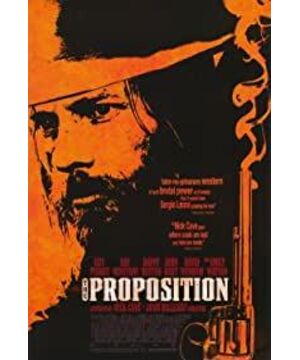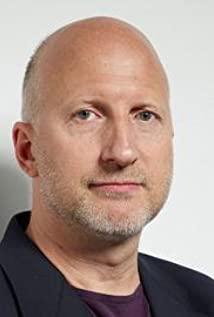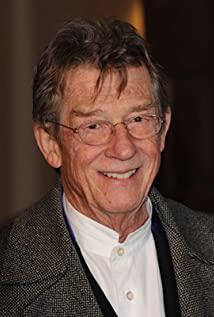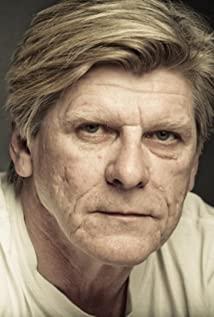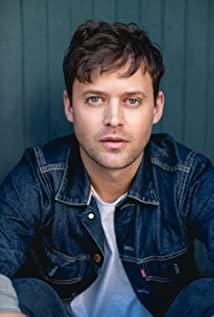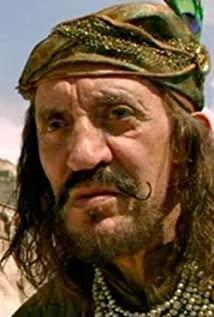Reporter (hereinafter referred to as "Keep"): How did the "Key Agreement" take shape?
Nick Cave (hereinafter referred to as "NC"): I have known director John Hillcoat for more than 20 years, and he has been thinking about filming Western Australia for 18 of these 20 years, and I will be responsible for the music part. I have been working with him for 18 years. In the end, he gave me an Australian Western film script adapted from the American West Story. In fact, we all know that this is not what we want. He said: "Okay, get out of [civilized terms] egg, you write it." In this way, I started to do it and finished the script in three weeks. I didn't want to spend a lot of time at the time, because I didn't want to spend time on things that I thought were impossible to succeed. But after years of difficulties, John still succeeded.
Reporter: When writing this script, were you heavily influenced by American Western films?
NC: I think John was greatly influenced by the anti-Western trend in the 70s. Generally, Australians have a very different view of their own history and Americans' view of their own history. We are not exposed to such things as black issues or villains and heroes. We are more resistant to history, and we feel a kind of uncertainty and even shame. I think we can basically regard our history as a process of failure and incompetence. I am very impressed with the Kelly Party. The heroes in "Key Agreement" are darker. You may sympathize with a certain character and feel that another character deserves the crime, but in the end, you can't tell which person is worthy of sympathy and which person deserves it. Sometimes you feel that you are in line with the ideas of a certain character, but then you feel that you are in line with the ideas of another character. These characters are slowly being destroyed by their stupidity.
Reporter: Can you talk more about Australians' understanding of their own history?
NC: Hmm... I don’t know if you have seen photos of black people in the United States receiving lynchings. Those whites just stood there and watched, even with their children, as if watching lynchings was a kind of entertainment. I don't think their behavior means that they are hopeless. But in terms of the central meaning of this movie, this is the story of a group of people who shouldn't stay on this land. Maybe there should be places on the earth that shouldn't be occupied by humans. I find that the fascination with violence that hangs on people's faces when looking at whipping and punishment is our most primitive instinct. I think that the more we progress, the actual result is the opposite. This is your nature and my nature. Racial hatred, racial hatred, and murder are the most basic nature of mankind. In fact, I think human beings have done more than this. The more advanced the technological means we have in our hands, it means that we have learned faster and more effective ways to destroy people.
Reporter: Why didn't you play a role?
NC: This is what JOHN means. (Laughs)
Remember: As a script creator, how have you been affected?
NC: I'm not the kind that loves movies, but I watched a lot of movies. My hobby of movies cannot be compared with my hobby of music or literature. For example, when I listen to a song, I usually listen to it with an analytical eye. I will ask this song, why is it done like this? Why is the lyrics like this? I do the same with literature. I am very interested in language and its use. I treat movies more casually, come to the DVD store, buy 4 DVDs, go home, sit down and start watching, without thinking about it. I might think a certain great work is silly. You just turn on the screen and start watching, good or bad take everything. Now I have a lot of bad movies, general movies, and good movies in my mind. They all affect me. When I watch a movie, I often ask "Why do they want to shoot like this?", "Why would it be more fun to proceed like this?"
Remember: When you wrote the script for "Key Agreement," were you also making the background music for the film?
NC: Yes, the process of the script and the music are synchronized. I think the script is very musical.
Reporter: Did you let a certain character in the film be your endorsement?
NC: No, but I sympathize with them. For me, the only villain in the film is the one who occupies the town and commits violence.
Reporter: That very powerful person?
NC: Yes (laughs), I want other characters to be sympathized in different ways, no matter how evil they are. The only character that makes you feel sympathetic is the one that can allude to yourself. I think they are all reflected in us.
Reporter: Did you go to the set?
NC: No, but I went there once before shooting and did a rehearsal with the actors, rewriting what they thought was uncomfortable for acting.
Reporter: The shooting location looks hot?
NC: Yes, it's very hot, close to 50 degrees, which is not something most people can bear. Many plays are done indoors, so it gets hotter. The scene was built in the desert. Due to the heat, some equipment is out of order. I don't know the specifics, but it's really fucking hot.
Reporter: Western films are a very malleable film type. Do you know which elements will appear in the film when you write the script?
NC: No, actually we don't know what will happen during the shooting. Basically, John is in the studio, and I am doing the band's record "No More Shall We Part". He brought a story about Western Australia, and I looked at it, and both of us felt it was not ideal. Later, when I recorded the record, I thought "What if I arrange three brothers?", so I have the premise of the story afterwards. I started to write, and it was obvious that the story will not develop towards a happy ending.
Reporter: There are many imaginations of violence in the "Key Agreement". Whose idea is this?
NC: JOHN is very interested in violence. His first two movies are very violent. I think he is very interested in topics like the consequences of violence and where violence will take you. When he shoots something about violence, he shoots very quickly and brutally. People say this is a very violent movie, but I disagree. You see that many HOLLYWOOD films are very violent, and some scripts are written to show a lot of violent elements. For example, I have never liked watching Tarantino films. So I said that John’s approach to violence is still very realistic. Violence is actually a way of telling stories.
Reporter: Composing music takes longer than writing your script, isn't it?
NC: Yes, scoring a film is a very difficult job, not as easy as building bricks. For me personally, this may be the most difficult part. When others were trying to write songs, I was still sitting in the office, trying to write something. I was exhausted by my tiring thoughts and the mess in my head. This habit of writing songs is difficult to overcome. But when I was writing the script, I just had to sit there and someone said to me: "Write a Western Australia story." I don’t need to worry too much, I just need to sit there, create some characters, and let the story Just keep going.
View more about The Proposition reviews


